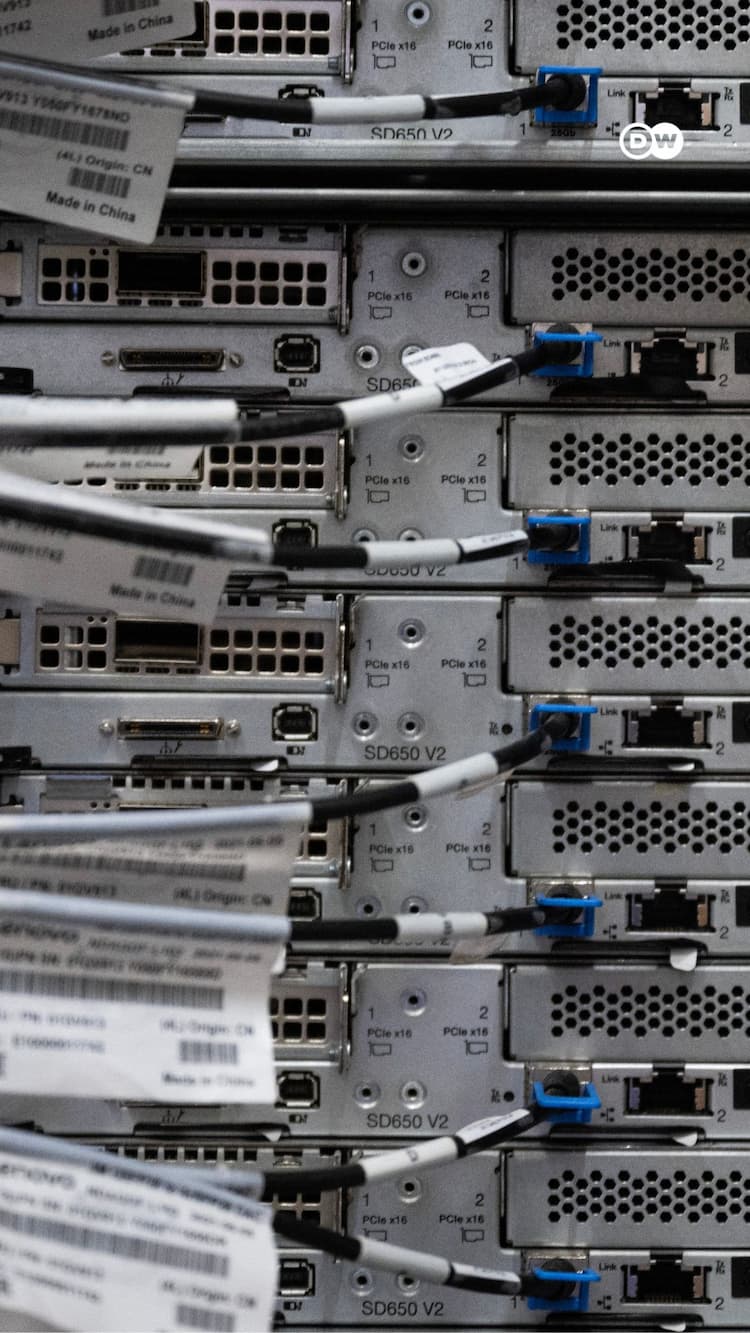Apple defends controversial Liquid Glass update: “This is not a gimmick”
Apple’s new Liquid Glass design in iOS 26 has got everyone talking. Some users are calling it the most beautiful iPhone interface yet — all layered depth, fluid motion, and translucent textures. Others aren’t so sure. Critics have dismissed it as “style over substance,” questioning whether Apple’s focus has shifted too far toward aesthetics.
But Apple’s top executives disagree. For them, Liquid Glass is more than just a design refresh — it’s the front end of a much bigger shift: Apple Intelligence.
No chatbot, no app — and that’s the point
In a recent interview with The Wall Street Journal, Apple’s Craig Federighi and Greg Joswiak addressed growing speculation around the company’s AI strategy — and whether it's falling behind competitors like OpenAI and Google.
Their response? Apple’s not behind. It’s just not running the same race.
“We didn’t build a chatbot,” Joswiak said. “We built intelligence that’s there when you need it — across the system, in the background, helping you do things better. Sometimes, you won’t even realize you’re using AI.”
The Siri question — and a subtle swipe at critics
One of the most common doubts post-WWDC was whether Apple’s demos, especially the upgraded Siri, were actually working. Federighi confirmed they were — the new contextual features, powered by app intents, are real and live.
Joswiak also pushed back at suggestions that it was “demo ware” — a pointed response to critics who’ve accused Apple of showing AI concepts without real functionality.
Private, personal, and on-device
What sets Apple’s approach apart is where — and how — its intelligence runs. Unlike the server-heavy models used by rivals, Apple is leaning into on-device AI, keeping user data private while still offering powerful features.
And while some may expect a big, splashy AI app, Apple isn’t delivering one — intentionally. Tools like Visual Intelligence, smarter writing aids, and proactive Siri features are meant to feel native, not novel.
Apple’s future isn’t louder — it’s smarter
“People don’t ask why we haven’t built a YouTube or Amazon clone,” Federighi said. “So why should we build a chatbot?”
In Apple’s view, the AI revolution isn’t about racing to be the loudest. It’s about making everyday experiences better — quietly, thoughtfully, and responsibly.
“This isn’t a gimmick,” Joswiak said. “This is the future.”









